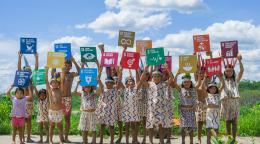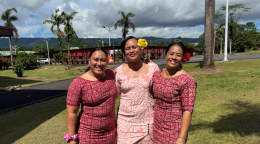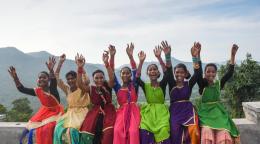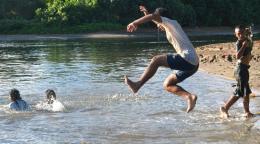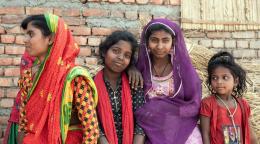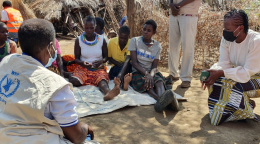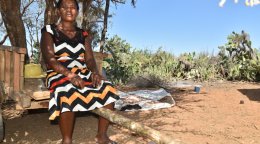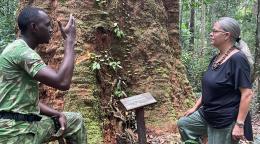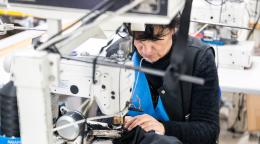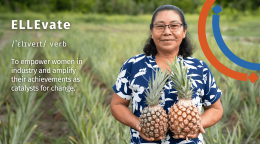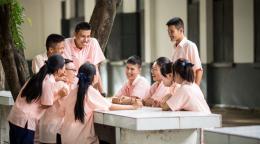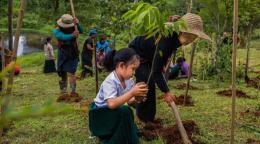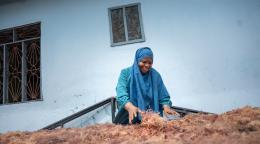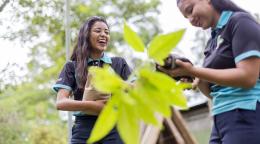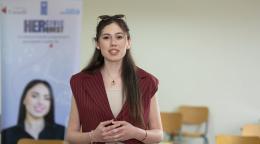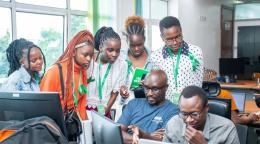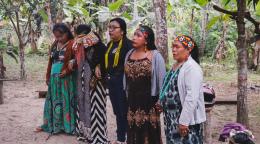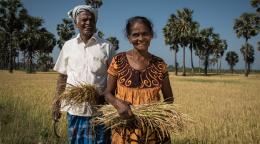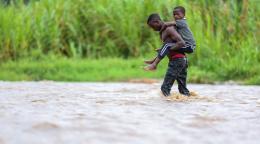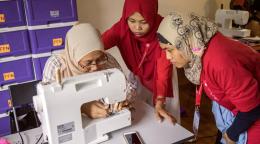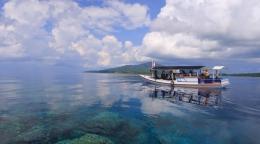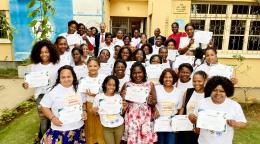When Does the Journey End: Supporting Sudan's displaced populations
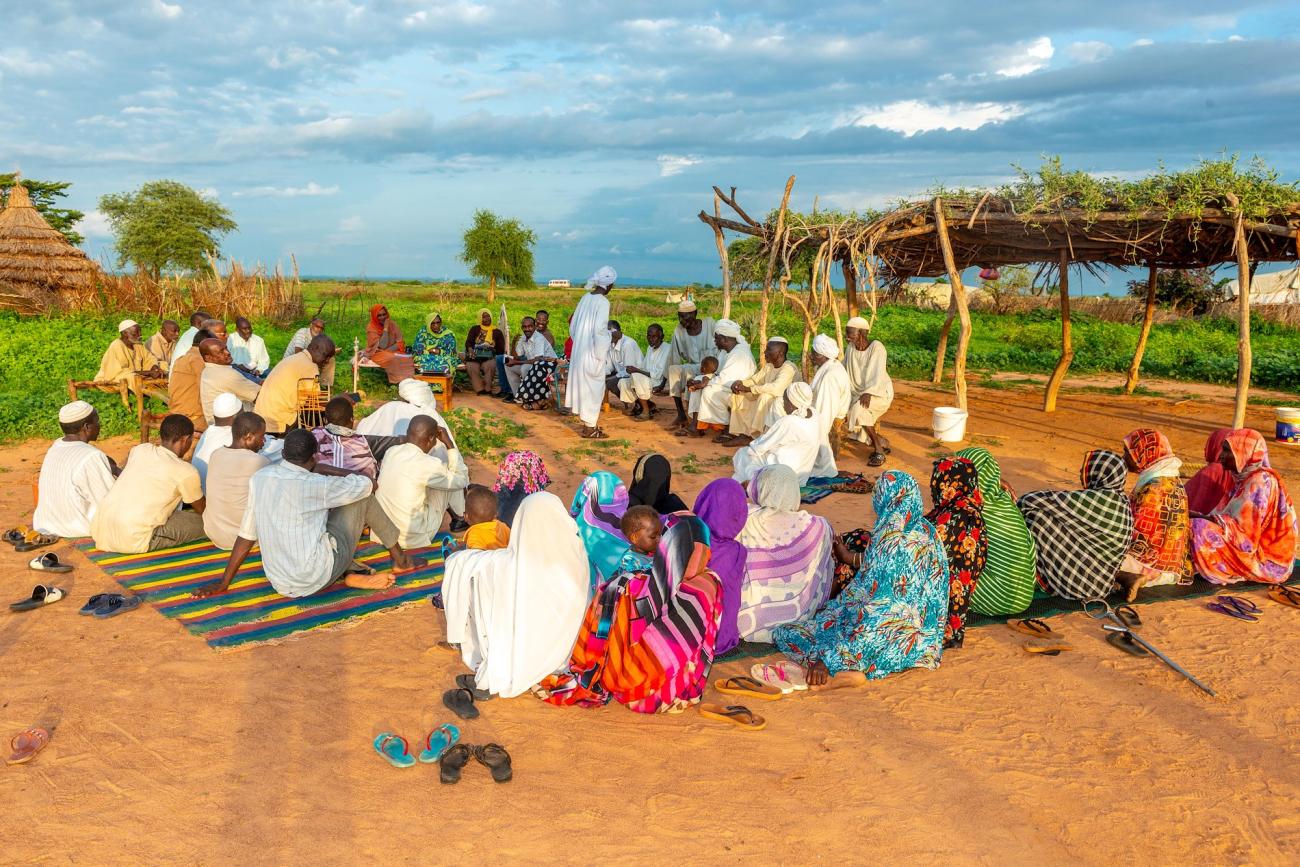
Arriving at a site for displaced people is often the beginning of the journey as well as the end.
At that point, families have made it out of immediate danger, often crossing battlefields to do so, but they now find themselves living in the most basic conditions, uprooted from farms and communities, sometimes separated from family members and support networks. They’re unemployed, usually with no savings and no immediate answers for questions like where to find work, where to send their children to school, or even where to feed them.
Sudan is now the word's largest displacement crisis, with around 11 million people forced from home, and the humanitarian appeal is only 37 per cent funded.
With the aim to build communities' resilience and empowerment, a project implemented by the United Nations Development Programme is offering tools, skills, access to loans and other support to women farmers and entrepreneurs across four states, both in displacement areas and in the communities that host them. Even while the war continues, these women in Kessala, Gedaref, River Nile and Blue Nile, are using that support to grow their own food, set up their own small businesses and keep their children in school with money they earn themselves.
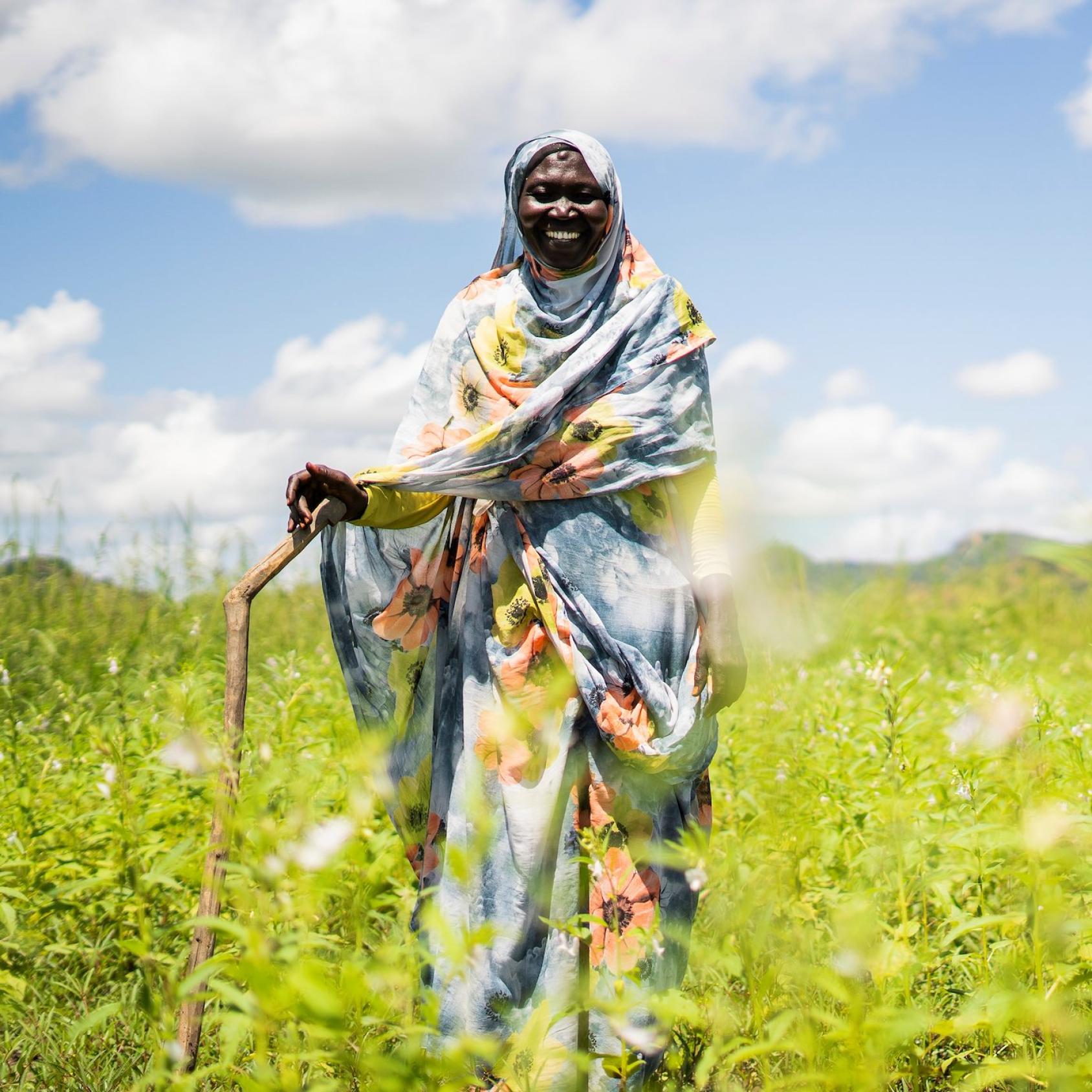
The project, which also provides access to solar power and aims to widen mobile networks, is funded by the German Federal Ministry of Economic Cooperation and Development (BMZ) and supported by the Deutsche Gesellschaft für Internationale Zusammenarbeit (GIZ).
Helping farmers improve nutrition and make extra money
The project provides women farmers with tools for preparing the land, high-quality seeds and training on "good agricultural practices" that make the best use of local soils and conditions, including how to retain as much water as possible when growing plants in areas increasingly affected by climate change.
In Gala Anahal, 12000 kg of high-quality sorghum has been distributed among communities. In River Nile, nearly 1,000 women attended trainings on how to set up home gardens, allowing them to grow vegetables for their families and for sale in nearby markets. The project also provided tools, seedlings and organic fertilisers. In total, more than 3,000 women farmers have received some kind of support for farming.
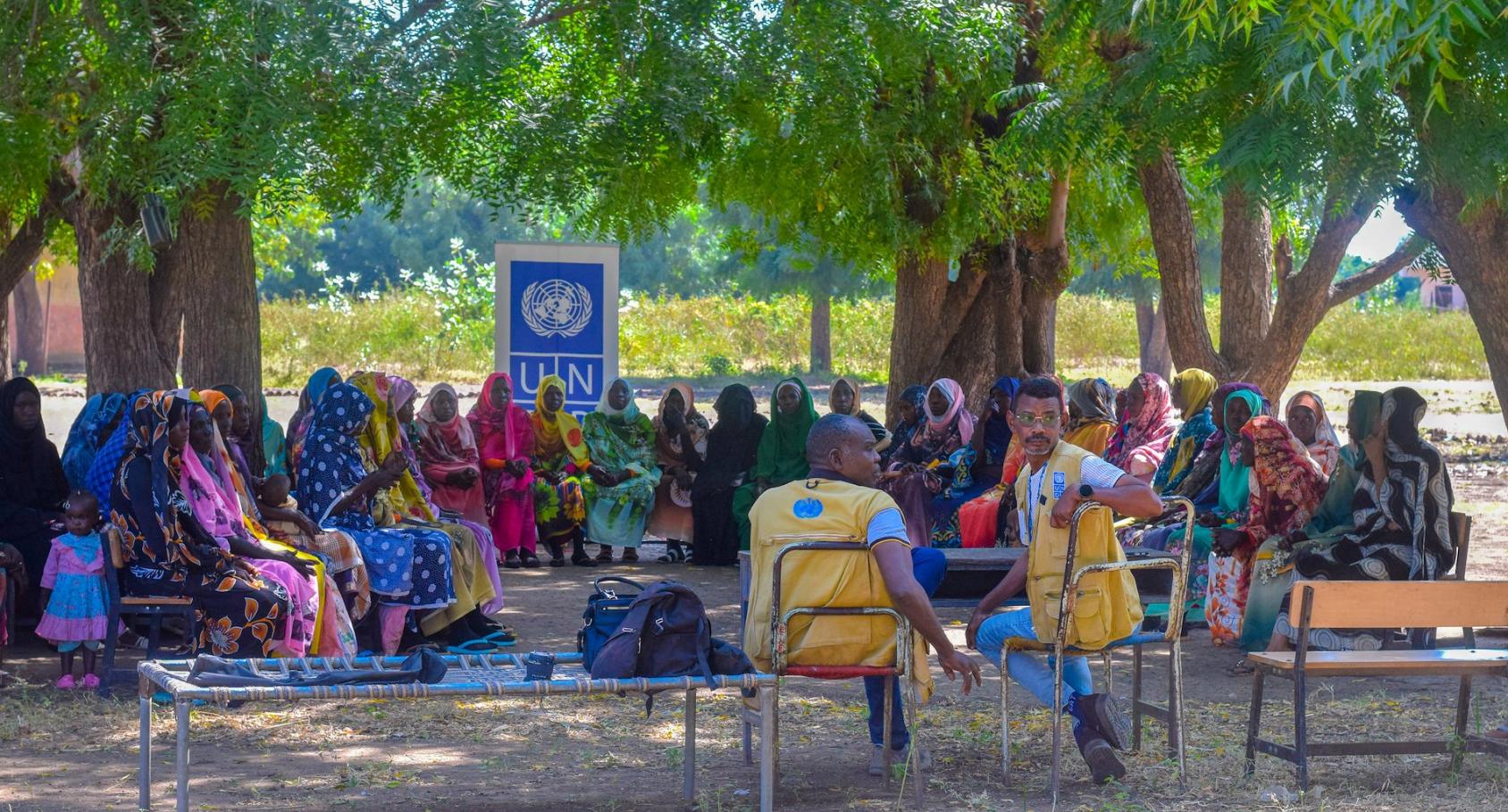
The World Food Programme estimates that 84 per cent of women in Sudan do not get enough to eat, so programmes that allow women to boost nutritional intake for themselves and their families are key to maintaining health. The food sold in local markets also helps bring in a little extra money for essentials - like simple medicines and school fees - helping some of the estimated 2.5 million girls who are currently missing out on an education.
“My farm is thriving. If the harvest is successful this season, I hope to earn enough to buy a cart, which will make it easier to manage the farm, " says Aisha Ismail Mohamed, mother to eight children, from Gedaref State, who was supported to farm sorghum.
Setting up new businesses
Many women want to make more money than they can from simple farming, so the project provides tools and training to help turn raw goods into higher value products. This might involve instruction on baking delicacies that meet local tastes or it could be training how to make tea, coffee or perfumes.
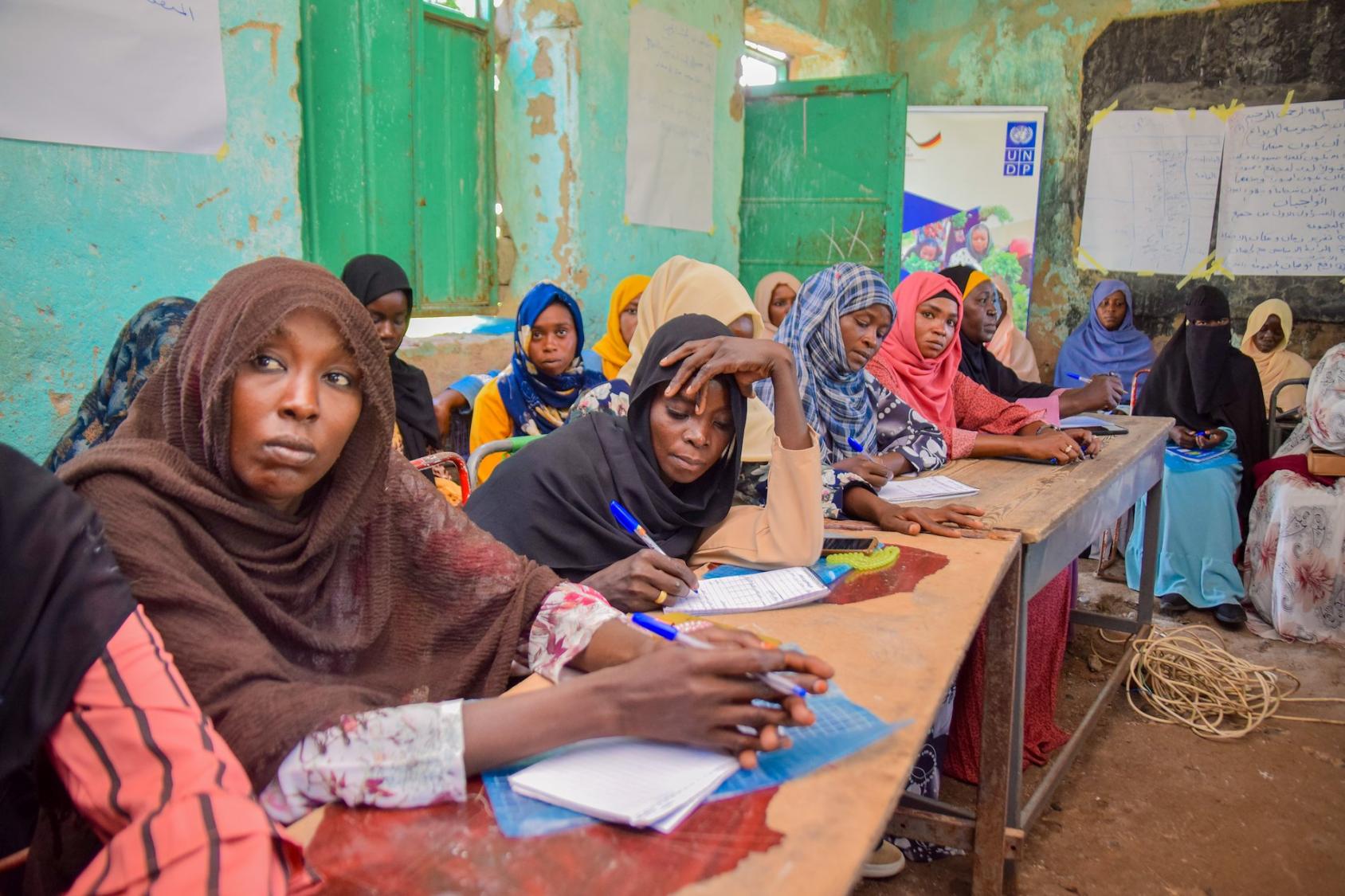
In some cases, a more significant capital outlay is needed to start a business - such as ovens for baking - but women with no financial backing can't access bank loans. Instead, the project helps women form financial cooperatives that can pool resources and lend money among themselves. In Gedaref and River Nile states, these Village Savings and Loan Associations have now made finance available for some 500 women, including internally displaced persons. Classes on book-keeping and basic financial skills are being offered to help manage operations once businesses are up and running.
Safety and solidarity for women
Many women and girls live in impoverished areas where conditions are basic, even when host communities are welcoming. Toilets are scarce and can be located some distance away. At night, in the dark, this poses risks for women. It's also dangerous for children, who can cut themselves on uneven ground or be bitten by snakes. In Gedaref, UNDP has provided solar lighting and solar torches for 20,000 displaced people at eight gathering sites, making them safer and allowing communal areas to be used more easily after dark.
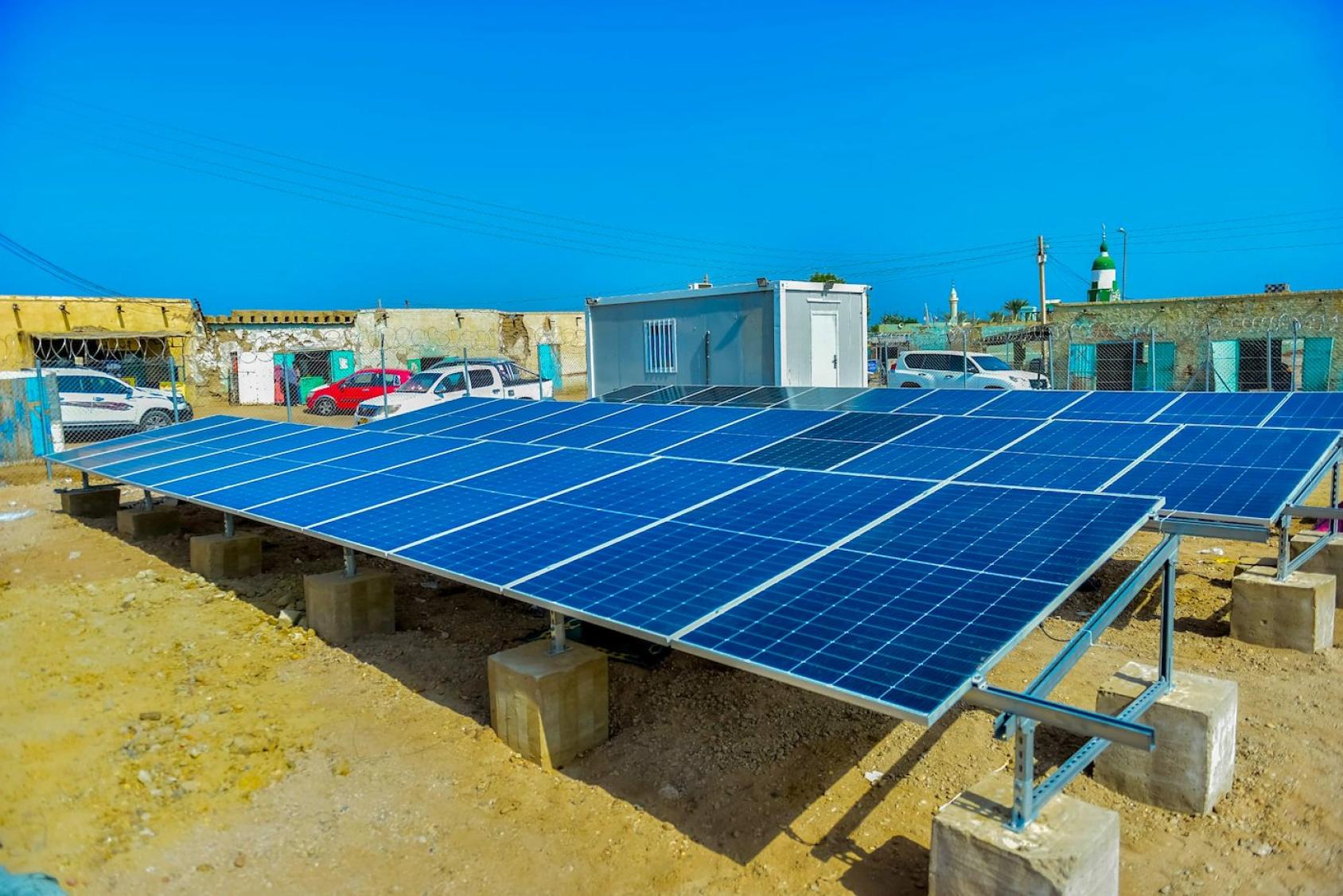
In Gedaraf, Kassala and River Nile, the project is also setting up centers for women, equipped with meeting spaces, computers, areas for agricultural demonstration plots and solar power. These centers allow women from displaced and host communities to learn from each other, collaborate on business ideas and provide space for women-led financial cooperatives and small businesses to meet.
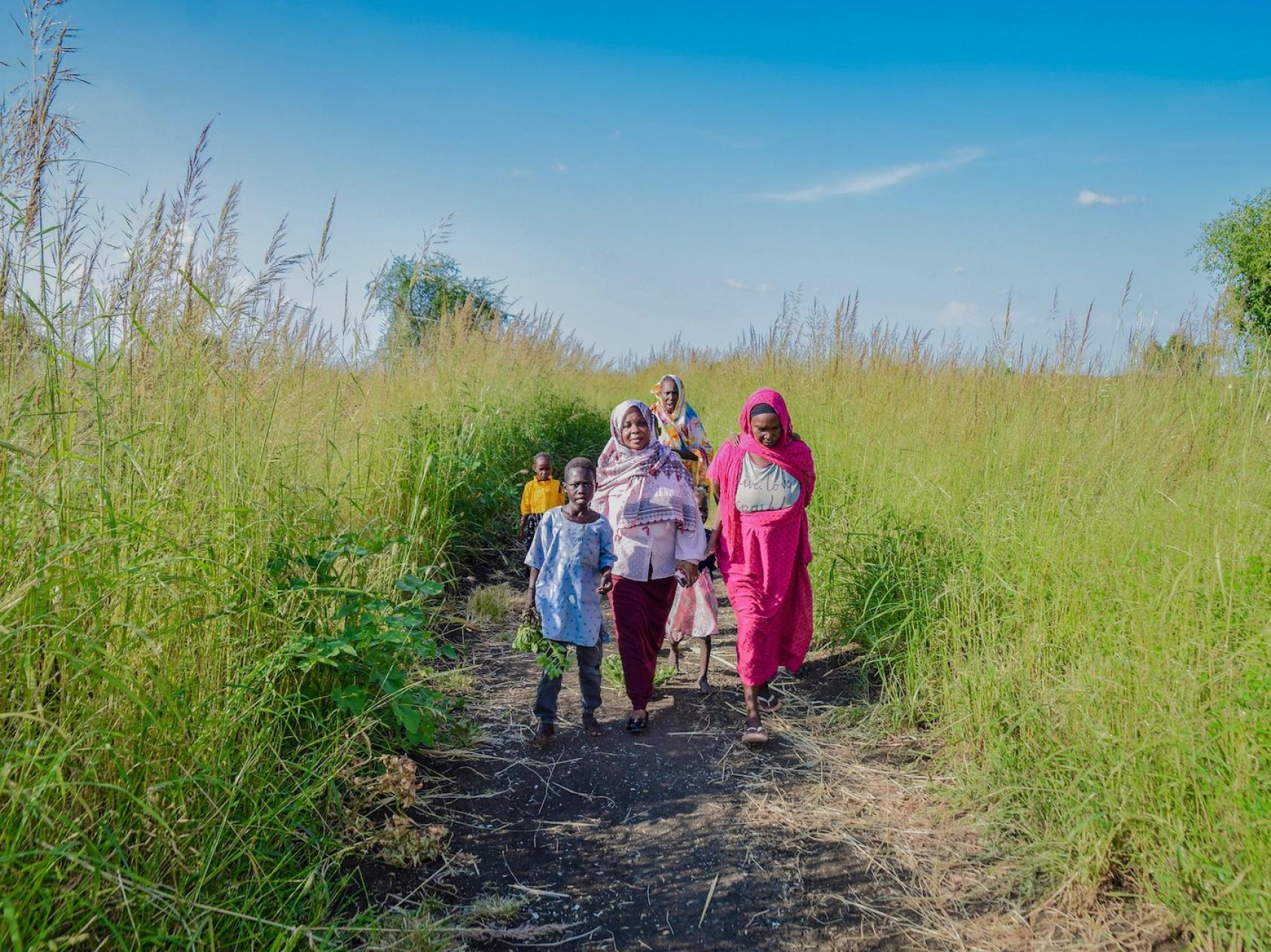
Even as the challenges are immense, interventions like this, which empower people to support themselves rather than having to rely on aid, remain the most cost-effective and sustainable way to improve food security and help economies recover. They can be done now - and done at scale - so that communities across Sudan can kickstart the process of early recovery and make themselves better prepared for whatever comes next.
This is an abridged version of an article first published by UNDP Sudan. Read the full article here. For more information about the UN's work in Sudan, visit sudan.un.org.
